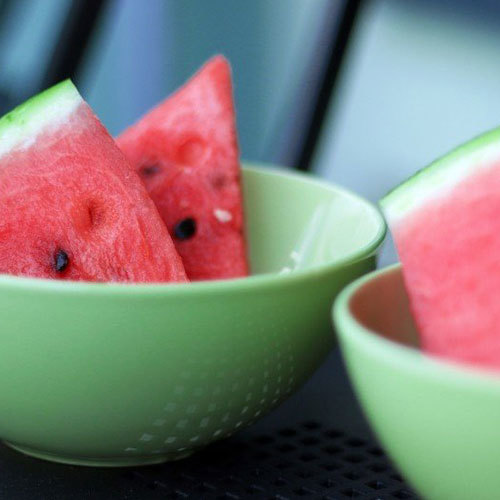New progress in ethanol from lignocellulose
2019-12-25
Fuel ethanol, as a high-quality renewable clean energy, is widely used internationally. It is added to gasoline fuel to replace some petroleum-based fuels and reduce pollutant emissions. At present, fuel ethanol is mainly produced through the fermentation of grain starch and plant sugars as raw materials. The production of fuel ethanol from various types of lignocellulose from a wide range of agricultural and forest wastes as raw materials has a very broad prospect, and it has also been a focus of research in the field of biochemical technology for decades. The production of ethanol from lignocellulose requires at least three steps of pretreatment, enzymolysis, and fermentation. The toxic substances generated during the pretreatment process seriously inhibit yeast growth and ethanol fermentation, which has become the main technical bottleneck for cellulose ethanol production. At present, deep fermentation of pretreated lignocellulose and its enzymatic hydrolysate mainly through water washing, physical, chemical, and biological methods can achieve better fermentation results, but complex processes, expensive equipment investment, large water consumption, and The loss of fermentable sugar greatly reduces the economic benefits of cellulosic ethanol production, thereby restricting the industrialization process of cellulosic ethanol.
The research team of Zhang Zongchao of the Biomass Conversion Technology Research Group of the Dalian Institute of Chemical Technology of the Chinese Academy of Sciences, in the research of lignocellulose to ethanol, found that polyethylene glycol has good biocompatibility with yeast cells Significant external protection "in-situ detoxification" function. The external protection of this chemical molecule enables yeast cells to co-exist with toxic substances and still have the ability to ferment lignocellulosic hydrolysates such as fast-growing poplar and corn stalk to produce ethanol. The results show that industrial Saccharomyces cerevisiae can directly convert lignocellulose hydrolysate to ethanol under the protection of polyethylene glycol, without the need for genetic modification and adaptive culture. The method can effectively simplify the production process, reduce water consumption and equipment investment, and promote the industrialization process of cellulosic ethanol.
Latest news
About LVJIAN
Founded in 2003, LVJIAN is a company that researches, develops and produces high quality natural organic fibers. With the mission of "create value-added products that are conducive to social development, economical and environmentally friendly",
View More+LVJIAN has developed the "green" function of plant materials with advanced fiber technology and applied it to construction chemicals, road construction, organic filter aid, animal nutrition, pet litter and other industries.
Copyright © 2022 Wuxi Lvjian Technology Co., Ltd www.300.cn Changzhou SEO Business license




 sanjo@jssqzn.com
sanjo@jssqzn.com

 Message
Message 